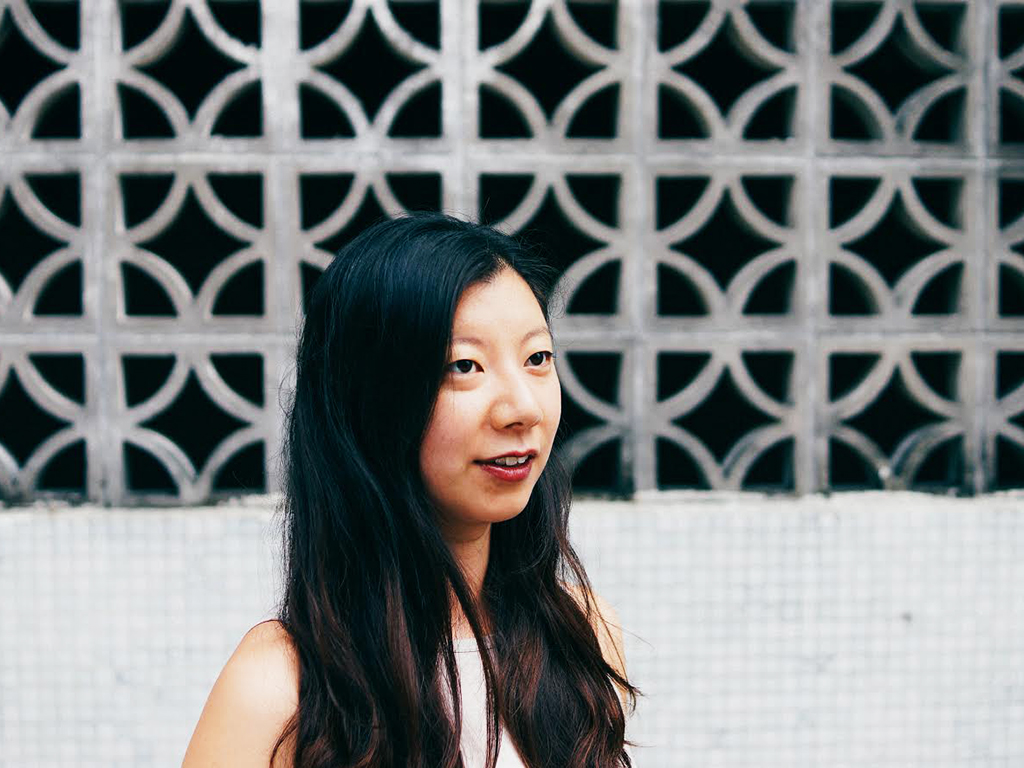5 Mins Read
We spend all our time learning about ancient foods, customs and recipes in the hopes of gaining some healthful wisdom. But many of us forget to consider the rich heritage of Hong Kong and Cantonese food. Adele Wong, the prolific publisher behind The Loop HK who earned her chops in the city’s dining scene as HK Magazine’s longtime Deputy Editor, wants to shine light on these fascinating traditions. We could not be more excited to talk to her about her just-published book Hong Kong Food & Culture: From Dim Sum to Dried Abalone, an homage to our fair city’s vibrant, unique and complex culinary culture.
How did ‘Hong Kong Food & Culture’ come about?
After writing about food for the English media industry for a few years, I noticed that there was a lot of deserved coverage for trendy, new restaurants, but not so much for the smaller and more traditional establishments that make up a vital chunk of Hong Kong’s food scene. I thought it would be nice to publish a book in English that would introduce this harder-to-access part of our city to a non-Cantonese speaking audience.
What is the book’s mission?
The book’s mission is to showcase traditional Hong Kong food and culture to a non-native audience in a fun and informative way. We want our readers to have several takeaways: we want to teach them how to make classic Cantonese dishes through our recipes; we want them to gain insight into a rich and fascinating heritage through our stories of local food artisans; and we also want them to pick up some handy Cantonese terms and general cultural knowledge while they’re at it. We want our book to bridge that gaping gap between dry, boring textbook and glossy, info-light coffee table book.
What are some of the biggest misconceptions about Hong Kong’s food scene and Cantonese cuisine?
Hong Kong is often an ambassador city for Cantonese food in general, but actually there are a lot of variations in Hong Kong-style dishes that are in a class of their own, due to the city’s colonial and international influences. Cantonese food is a term that represents the food coming out of China’s Guangdong province, of which Hong Kong is just a small (and legislatively independent) part. For example, dim sum and dried seafood are very typically Cantonese, whereas egg tarts and “pineapple buns” (bo lo bao) are very typically Hong Kong, but not necessarily representative of the food found in other parts of Guangdong province.
What is your favorite Cantonese dish?
One of my favorite Hong Kong-Cantonese dishes is the simple scrambled egg sandwich you can find in cha chaan teng diners across the city. Hongkongers have a knack for turning something simple and humble into a deliciously mean dish.
Was being a food writer always part of the plan?
Not at all. I’ve always viewed myself as a writer first, and the “food writer” label serendipitously dropped into my lap as I ventured forth in the world of lifestyle writing. I used to be one of those people who could survive on tofu, potatoes and veggies and be completely satisfied…until my eyes were opened to the amazing culinary talent in this city through media tastings and interviews with chefs. That’s how my journey began.
Have you always been passionate about food in general and Cantonese food in particular?
I’ve always loved Chinese food in general, having grown up eating my grandmother’s lips-smacking Nanjing-style home-cooked dishes. But it was in recent years that I truly started paying more attention to Cantonese cuisine and becoming so much more appreciative of it.
Do you cook Cantonese food at home regularly?
I don’t cook regularly — once to twice a week would be a great week — but when I do cook, yes, my fallback is always Cantonese food. I love to steam and wok-fry things, and it’s just so easy to head to the neighborhood wet market for fresh meat and produce without doing too much advanced planning.
What are some of the book’s highlights?
For me, the highlights are definitely the beautiful photos taken by our photographer Alan Pang, and also the easy-to-follow recipes created by our Cantonese food guru, Blackie Hui. And I think what’s great about this book is that you don’t need to read it from start to finish: you can pick a chapter that piques your interest, and go from there.
What are Cantonese’s cuisines most healthful traditions?
Oh, there are so many, such as the emphasis on fresh meat and seafood instead of frozen varieties, and the cuisine’s concept of balance and moderation, which is based on Traditional Chinese Medicine’s Yin Yang theory. There’s also the diverse choice of vegetables and leafy greens in particular, plus techniques like steaming, which are a quick and healthy way of cooking almost any type of food. In fact, there’s a Chinese saying: “Food and medicine share the same roots, ” which implies that food forms a core and vital part of one’s overall health and wellbeing.
What are some traditional ingredients that people overlook that you love to cook with?
I think for non-natives or for people who don’t cook regularly, some common traditional ingredients like pickled vegetables, dried seafood and cured meat/eggs might not feature prominently in their culinary portfolio. I love to cook with conpoy (dried scallops), they add a savory, umami touch to any dish you add them to. I also like to use shrimp paste for the same reasons.
All images courtesy of Adele & Man Mo Media.







